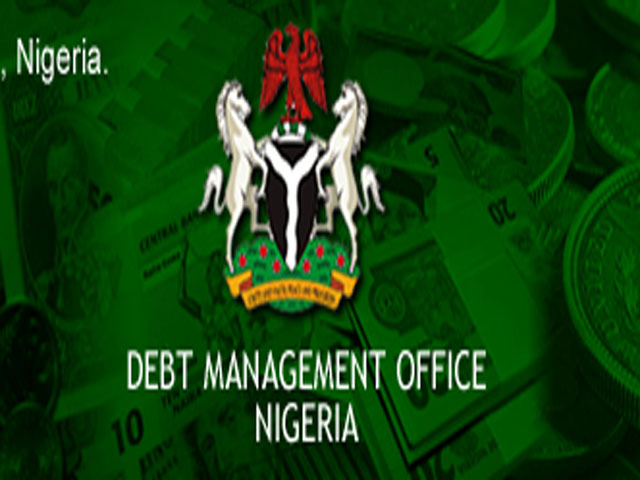- DMO Lists FG’s Second N100bn Sukuk on NSE
The Debt Management Office has listed a second Federal Government N100bn Ijarah Sukuk on the Nigerian Stock Exchange and the FMDQ OTC Plc.
The Director-General, DMO, Patience Oniha, while speaking at the investor presentation in Lagos, said the government was happy and proud of the success stories of the first Sukuk and decided to issue a second one.
She said a lot of encouragement was received from construction companies because they got their money as and when due, which made the projects go as planned.
She noted that the proceeds of the first Sukuk issuance, which was invested in road construction, brought reprive to road users, improved travel times between major commercial cities, linked borrowing and government expenditure to specific critical projects, helped increase the flow of cargo and passenger traffic across major cities, improved infrastructure delivery across the country, among others.
Oniha noted that the retail investors’ participation in the first Sukuk was about five per cent, adding that she hoped more retail investors would partake in the second one.
According to her, stockbrokers will be involved in the process to get a lot of retail investors to participate.
She said, “This second Ijarah Sukuk is due in 2025 and has a rental rate of 15.743 per cent. We listed the Sukuk on the NSE and the FMDQ on Thursday, which was the date it opened, and it will close on December 17, 2018.
“The allotment date is December 21, 2018. The proceeds from the Sukuk will be invested in road infrastructure development, just like the last one. Though the proceeds will not see the roads to completion, it will go a long way in improving the state of our roads.”
Oniha stated that the first Sukuk ensured the execution of road projects across all regions of the country, adding that it also led to a multiplier effect that created jobs around the country.
“The first Sukuk increased retail participation in the capital market as over N15.6bn of it has been traded since listing.” she said.
She added, “We are aware of the fear people have about the 2019 elections, but we want to assure you that no matter the government in power, debts will always be serviced and people will receive their money at maturity.
“The main objective of the second Sukuk is to sustain the rehabilitation and construction works on the 25 key economic roads in the six geopolitical zones with three roads now added for more reach.”
Oniha, however, noted that the DMO and the Federal Government were working to reduce the debt profile of the country as the ratio of debt service to revenue was higher than what it used to be.
According to her, if revenues are higher in the country, borrowing will reduce.
The DMO boss also noted that the tax to Gross Domestic Product ratio was low at six per cent, which she said were signs that citizens were not paying enough taxes.
She said, “This has to change. We cannot continue that way. Taxes will be introduced on select goods such as heavily-consumed goods.
“The Federal Inland Revenue Service is doing a lot to generate more taxes for the government and we will give them maximum support.”
The Deputy Managing Director, FBNQuest Merchant Bank Limited, Taiwo Okeowo, said operators were working to ensure Sukuk issuances become one of the major forms of fund raising for infrastructure by the government.


 Naira4 weeks ago
Naira4 weeks ago
 Naira4 weeks ago
Naira4 weeks ago
 Travel3 weeks ago
Travel3 weeks ago
 Jobs4 weeks ago
Jobs4 weeks ago
 Naira3 weeks ago
Naira3 weeks ago
 Naira3 weeks ago
Naira3 weeks ago
 Investment4 weeks ago
Investment4 weeks ago
 Travel4 weeks ago
Travel4 weeks ago



















